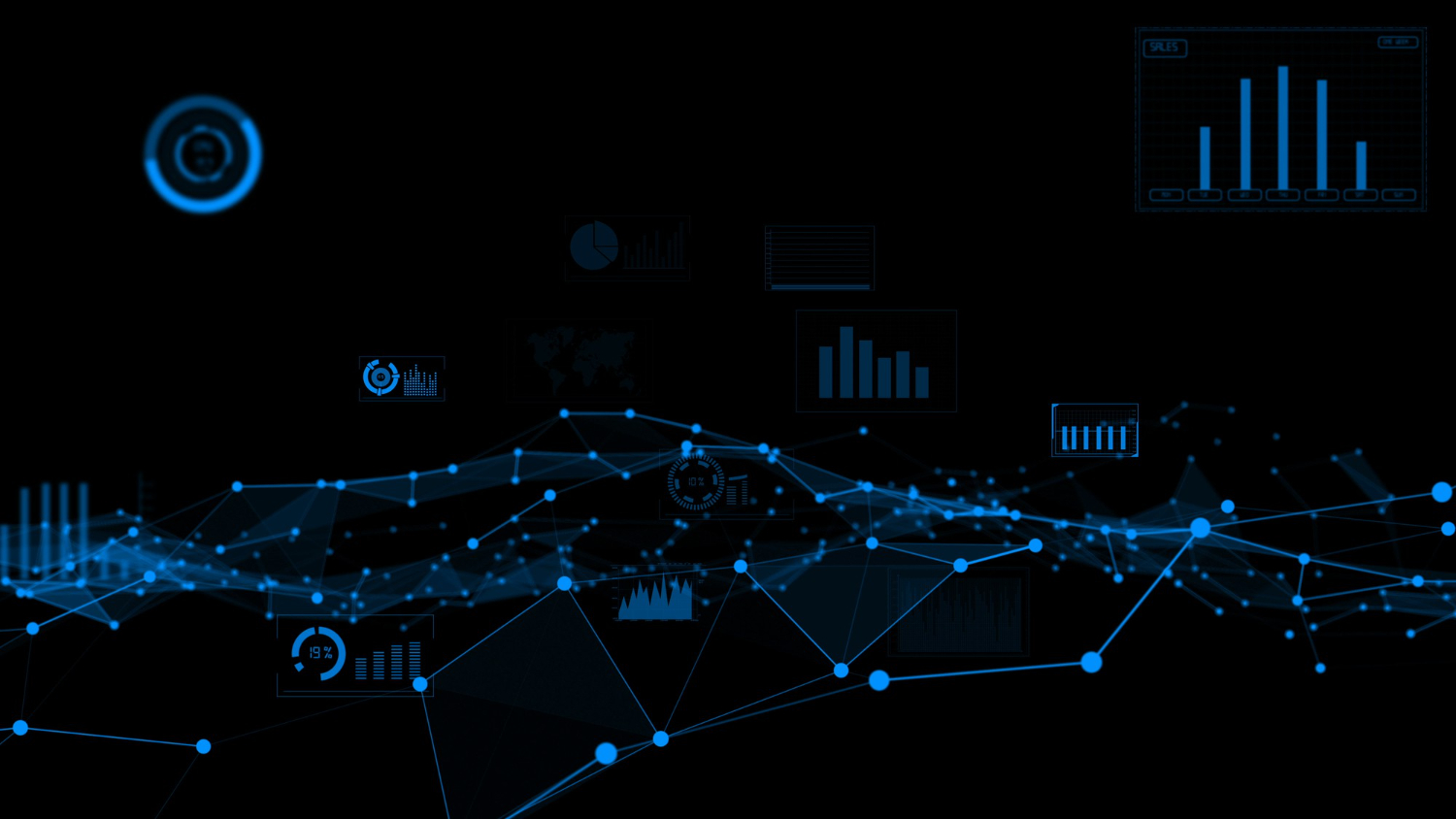Data is an invaluable asset for any organization. For charities and not-for-profit organizations, donor data is not just a tool for effective fundraising, but a key element in fostering trust, transparency, and lasting relationships with supporters. However, the management and protection of this data present unique challenges, particularly in the face of increasingly stringent privacy regulations.
The Importance of Data Governance in the Nonprofit Sector
The stakes surrounding data governance are particularly high for charities and nonprofits. Unlike for-profit businesses, these organizations are often held to higher ethical standards by their donors and the public. Donors entrust charities with their financial contributions and personal information, expecting that their data will be handled with the utmost care. Any breach of this trust can lead to significant consequences, including loss of donor confidence, reputational damage, and legal repercussions.
Data governance serves as the backbone of how an organization manages, protects, and utilizes donor data. It involves establishing policies, processes, and technologies that guide the collection, storage, sharing, and use of data. For nonprofits, strong data governance is not just about regulatory compliance; it's a critical aspect of ethical stewardship and maintaining the trust of donors.
Understanding the Complex Landscape of Privacy Regulations
The regulatory environment around data privacy is becoming more complex and demanding. Regulations like the General Data Protection Regulation (GDPR) in Europe and the California Consumer Privacy Act (CCPA) in the United States have set high standards for data protection. These laws require organizations to be transparent about how they collect, use, and share personal data and to provide individuals with rights over their data, such as the right to access, correct, or delete it.
For charities and nonprofits, compliance with these regulations can be particularly challenging. Many of these organizations operate with limited resources and may lack the technical expertise needed to understand complex legal requirements. Moreover, the nature of their work often involves handling sensitive information about donors, beneficiaries, and volunteers, making the stakes even higher.
Key Challenges Faced by Charities and Nonprofits
- Resource Constraints: Unlike large corporations, many charities and nonprofits operate with limited budgets and staffing. This can make it difficult to invest in the necessary technology and expertise to ensure robust data governance and compliance with privacy regulations.
- Diverse Data Sources: Nonprofits often collect data from various sources—online donations, event registrations, volunteer sign-ups, and more. Managing and integrating these diverse data sources into a cohesive governance framework can be complex and time-consuming.
- Maintaining Donor Trust: Trust is the foundation of the donor-nonprofit relationship. Any mishandling of data can quickly erode this trust, leading to a loss of support. Nonprofits must be particularly diligent in demonstrating their commitment to data privacy and security.
- Regulatory Complexity: Privacy regulations vary widely across different regions and jurisdictions. Nonprofits that operate internationally or across state lines must navigate a patchwork of legal requirements, which can be challenging to manage without specialized knowledge and resources.
Strategies for Effective Data Governance and Compliance
To address these challenges, charities and nonprofits can adopt several strategies:
- Invest in Technology Solutions: Leveraging technology that automates data governance and privacy compliance can significantly reduce the burden on nonprofit organizations. Tools that offer data mapping, automated consent management, and real-time compliance monitoring can help nonprofits stay ahead of regulatory requirements.
- Educate and Train Staff: Ensuring that all staff members understand the importance of data governance and privacy is crucial. Regular training on data protection best practices and the implications of non-compliance can empower staff to handle data responsibly.
- Adopt a Privacy-First Approach: By prioritizing privacy in all data-related activities, nonprofits can build stronger relationships with their donors. This includes being transparent about data collection practices, obtaining explicit consent, and providing donors with control over their information.
- Engage with Experts: Given the complexity of privacy regulations, nonprofits may benefit from working with experts specializing in data governance and compliance. This can include legal advisors, data protection officers, or third-party vendors who offer compliance solutions tailored to the nonprofit sector.
The Role of Data Sentinel in Supporting Nonprofits
At Data Sentinel, we understand the unique challenges that charities and nonprofits face in governing donor data and complying with privacy regulations. Our mission is to empower organizations like yours with the technology and solutions needed to build trusted and transparent data-sharing relationships. We're here to support you every step of the way.
Our advanced automation solutions, powered by machine learning, help nonprofits minimize the risk associated with sensitive data, ensure compliance with privacy regulations, and manage data governance effectively. By partnering with Data Sentinel, nonprofits can focus on their core mission while confidently navigating the complexities of data governance and privacy compliance.
Conclusion
In an era where data privacy is increasingly under scrutiny, charities and nonprofits must prioritize the governance and protection of donor data. By adopting robust data governance practices and leveraging the right tools and expertise, these organizations can not only comply with privacy regulations but also strengthen their relationships with donors, ensuring long-term success and impact.



.svg)

.svg)
.svg)





.svg)